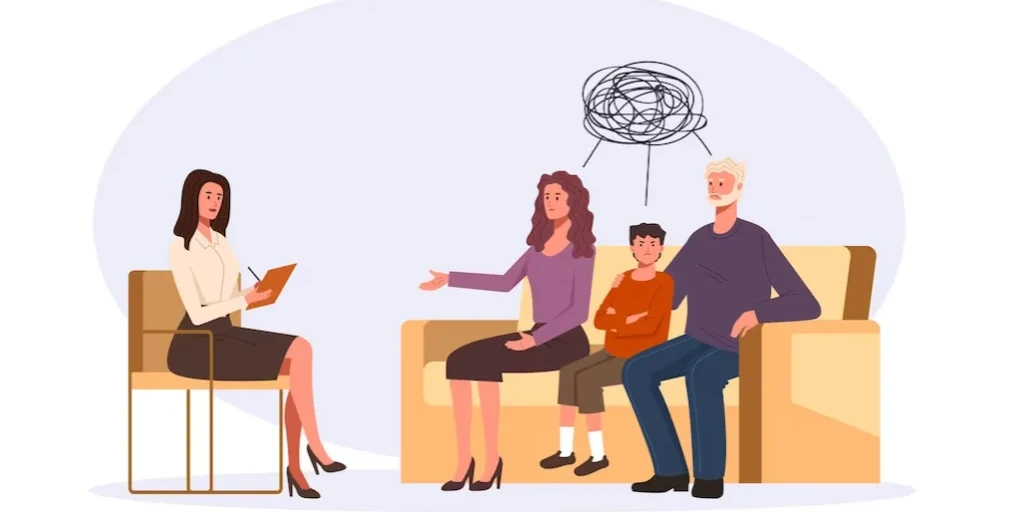24/7 Helpline:
(866) 899-111424/7 Helpline:
(866) 899-1114
Learn more about Ativan Detox centers in Castle Dale
Ativan Detox in Other Cities

Other Insurance Options

WellPoint

Kaiser Permanente

Premera

Medical Mutual of Ohio

Oxford

Access to Recovery (ATR) Voucher

Amerigroup

Absolute Total Care

Ceridian

BlueShield

American Behavioral

Multiplan

ComPsych
Beacon

Sutter

Regence

Carleon

Anthem

CareSource

Aetna



Four Corners Behavioral Health
Four Corners Behavioral Health is a private rehab located in Castle Dale, Utah. Four Corners Behavio...




































































Four Corners Behavioral Health
Four Corners Behavioral Health is a public rehab located in Green River, Utah. Four Corners Behavior...

Southwest Counseling Service
Southwest Counseling Service is a comprehensive community mental health center that has been providi...











